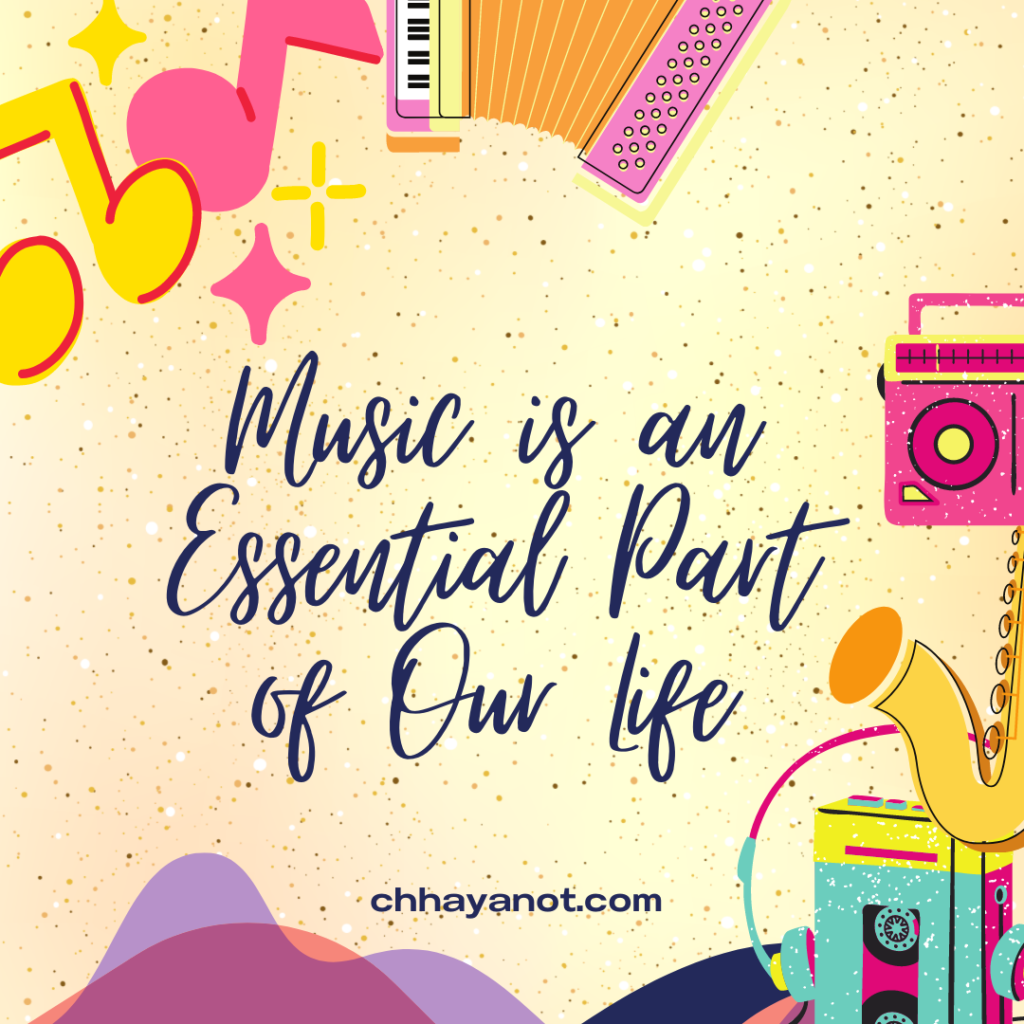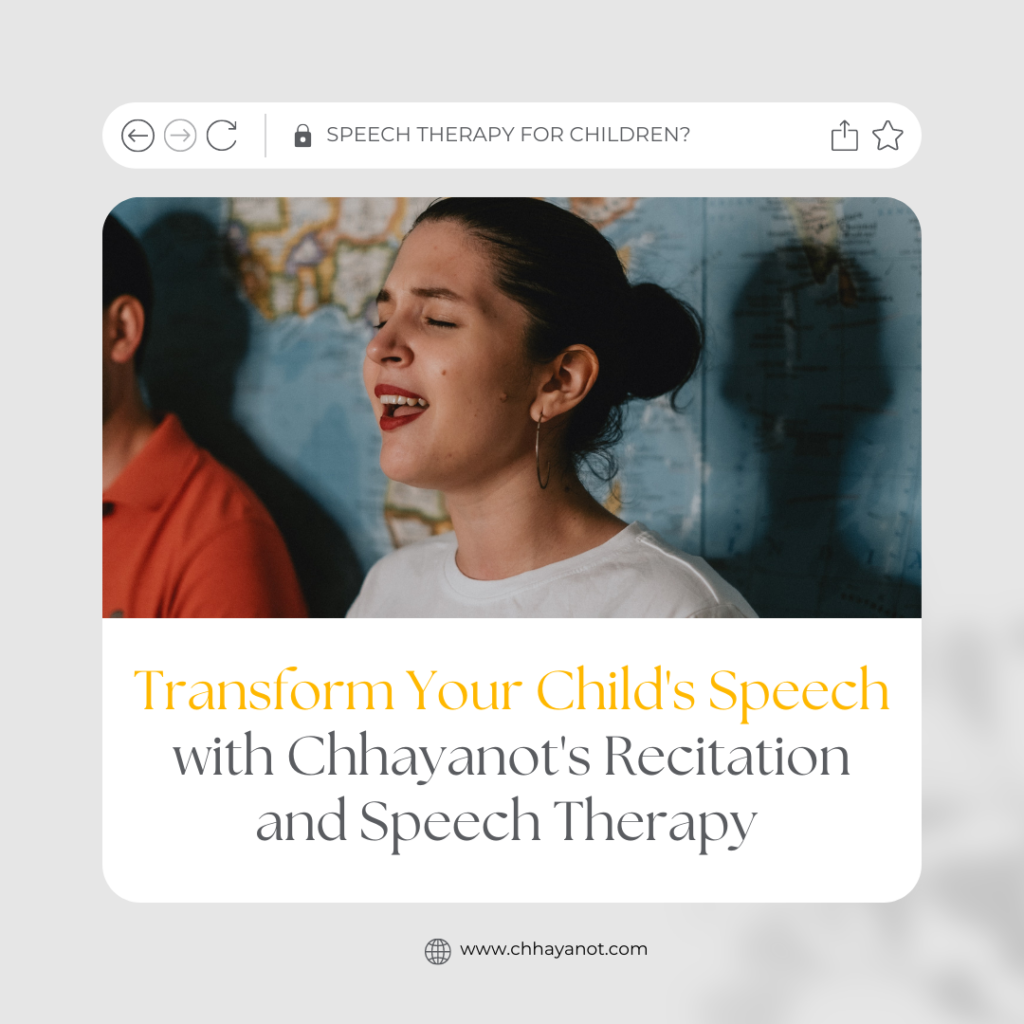Music is not just a form of entertainment but an essential part of our lives. From ancient times to modern-day, music has been an inseparable part of human culture. It is a universal language that transcends all barriers of language, race, and religion, connecting people from all walks of life. Music can be a source of inspiration, comfort, and joy, and can also be used to express emotions and convey messages. In this article, we will explore the many ways in which music plays a vital role in our lives.
Music as a Form of Therapy
Music has been used as a form of therapy for centuries. The therapeutic benefits of music have been well-documented, and it has been used to treat a wide range of ailments, from depression to physical pain. Listening to music can have a calming effect on the mind and body, reducing stress and anxiety levels. It can also improve sleep quality and enhance cognitive function.
Music has been found to be particularly effective in treating people with dementia and Alzheimer’s disease. Studies have shown that music can help improve cognitive function, memory, and mood in people with these conditions. It can also help reduce agitation and improve communication between patients and caregivers.
Music as an Expression of Culture
Music is an important part of cultural expression. Every culture has its own unique musical traditions that are passed down from generation to generation. Music can be used to celebrate cultural festivals, rituals, and ceremonies. It can also be used to express political and social messages.
For example, in African cultures, music is often used to tell stories and convey messages of hope and resilience. In Indian culture, music is an integral part of religious and spiritual practices, with different styles of music being used for different purposes. In Western culture, music is often used to express emotions and as a form of entertainment.
Music and Education
Music is also an important part of education. Research has shown that exposure to music can have a positive impact on children’s cognitive development. It can improve language skills, memory, and attention span. Learning to play an instrument can also teach children valuable skills such as discipline, perseverance, and teamwork.
Music education is also beneficial for adults. Learning to play an instrument or sing can be a fulfilling hobby and can improve mental health and wellbeing. It can also provide opportunities for socialization and personal growth.
Music and Sports
Music is often used in sports to motivate athletes and enhance performance. Listening to music before and during exercise can help reduce fatigue and increase endurance. It can also help athletes get into the right mindset for competition.
Music is also used in sports events as a form of entertainment. National anthems are played before games, and halftime shows often feature musical performances. Music can create a sense of unity and community among fans, bringing people together to support their team.
Music as a Form of Expression
Music is a powerful form of expression. It can be used to convey a wide range of emotions and ideas, from joy and celebration to sadness and protest. Musicians use their art to comment on social and political issues, to tell stories, and to connect with others on a deeper level. Whether you’re a musician yourself or simply a fan of music, you can use music as a way to express yourself and connect with others.
Conclusion
In conclusion, music is an essential part of our lives. It has the power to heal, inspire, and unite people from all walks of life. Whether it is used as a form of therapy, cultural expression, education, or entertainment, music plays a vital role in our lives. As we continue to explore the many benefits of music, it is important to recognize its importance and value in our society.




